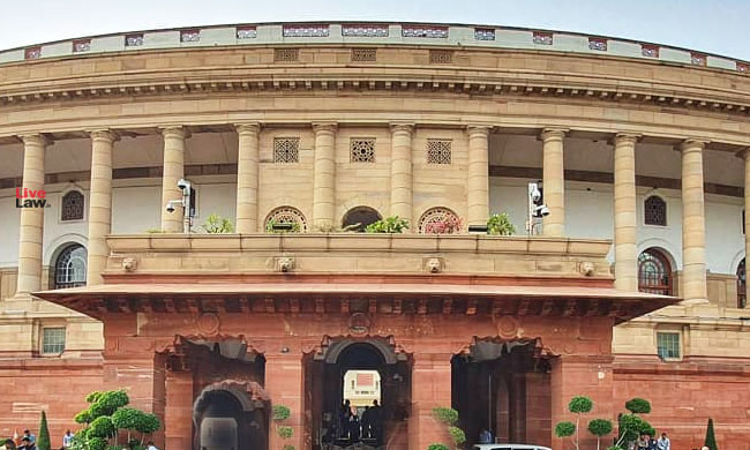The Central government on Monday introduced the Criminal Procedure (Identification) Bill, 2022 in the Lok Sabha.The Bill introduced by Union Minister Ajay Misra on behalf of Home Minister Amit Shah proposes to repeal the 102 years old 'Identification of Prisoners Act, 1920' and bring in a new law, enabling Police officials to take "measurements" of convicts for identification and...

